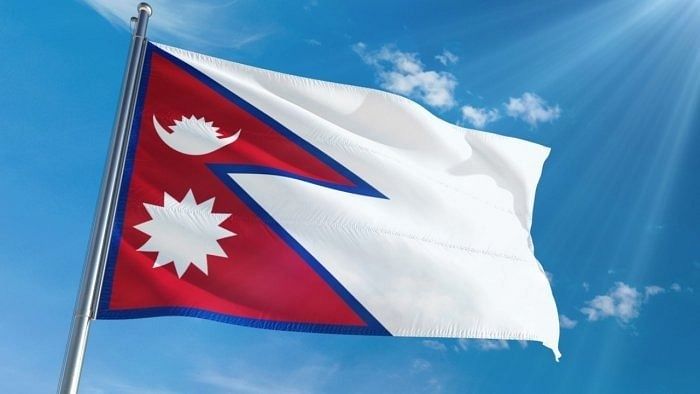
Nepal's ruling coalition on Thursday failed to reach consensus on whether to present in Parliament the Millennium Corporation Challenge (MCC), a contentious USD-500 million infrastructure grants programme by the US.
The tabling of the MCC was discussed by Prime Minister Sher Bahadur Deuba, CPN-Maoist Centre leader Pushpakamal Dahal "Prachanda" and CPN-Unified Socialist leader Madhav Kumar Nepal at the Prime Minister's Official Residence in Baluwatar here.
While Deuba wanted to present the MCC in Parliament, Left leaders Pushpa Kamal Dahal "Prachanda" and Madhav Kumar argued against it and the meeting could not bear any result, said Standing Committee Member of the Maoist Centre Ganesh Shah.
Janata Samajwadi Party leader Baburam Bhattarai, the Nepali Congress' Gagan Thapa and Left leader Narayan Kaji Shreshtha had also attended the meeting.
The coalition members decided to discuss the matter on Friday morning.
Officials close to Deuba, also President of the ruling Nepali Congress, were planning to table the MCC agreement in the Parliament on Wednesday. However, plans were deferred after a request was made from "Prachanda". Protests against the MCC had also broken out.
Deuba's party Nepali Congress had already decided to vote in favour of the MCC in Parliament.
Nepal is witnessing sharp political polarisation on whether the US infrastructure grant should be accepted, which is under consideration in the House of Representatives.
Nepal and the United States signed the MCC agreement in 2017 - meant for building Nepal's infrastructure such as electric transmission lines and improvement of national highways.
Maoist Centre Chief Whip Dev Gurung has warned that the ruling alliance would break automatically if Parliament passes the MCC project without the consent of the ruling coalition.
Last week, the US warned Nepal to ratify the proposed grant assistance from America under MCC by February 28, saying if Kathmandu did not accept the USD-500 million programme, Washington would review its ties with the Himalayan nation and consider China's interests behind its failure.
Nepal's Leftist political parties have been opposing the pact, saying it was not in national interest and that it was meant for countering China.
Further, there are reports that China is behind spreading misleading rumours against the MCC pact.
If the US reviews its ties with Nepal following Nepal's failure to endorse the MCC pact, it would adversely affect Nepal's economic sector as Washington has been the largest bilateral donor to Kathmandu for decades.
"Nepal could lose bilateral and multilateral aid as well as foreign direct investment if it fails to ratify MCC," according to a recent report in Kathmandu Post newspaper, which had quoted finance ministry sources.
Nepal Prime Minister Deuba in December underlined the need to ratify the proposed grant assistance from the US under the MCC by forging consensus among all political parties, asserting that the USD 500 million programme is not against national interest.
Nepal was the first country in South Asia to qualify for the programme after it met 16 out of the 20 policy indicators.
The Millennium Challenge Corporation is a bilateral United States foreign aid agency established by the US Congress in 2004. It is an independent agency separate from the State Department and USAID.
Check out DH's latest videos: